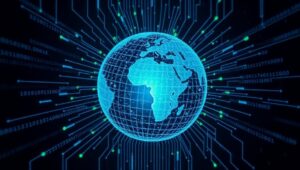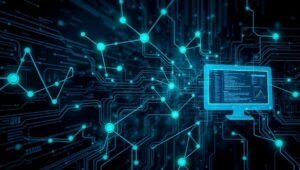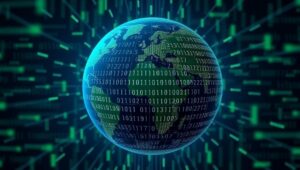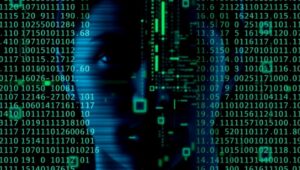June 3, 2025
The Threat of Autonomous Cyber Weapons (2028 Concerns)
The Looming Threat of Autonomous Cyber Weapons (2028 Concerns) As we approach 2028, the specter of autonomous cyber weapons looms ever larger. These weapons, powered by artificial intelligence (AI), possess the ability to independently identify, target, and neutralize threats in cyberspace without human intervention. While offering potential advantages in speed and scale, their deployment raises profound ethical, legal, and security concerns. What are Autonomous Cyber Weapons? Autonomous cyber weapons are essentially self- управляемый pieces of code capable of making decisions on their own. Unlike traditional cyber weapons that require manual operation, these AI-driven systems can: Identify Vulnerabilities: Scan networks and








